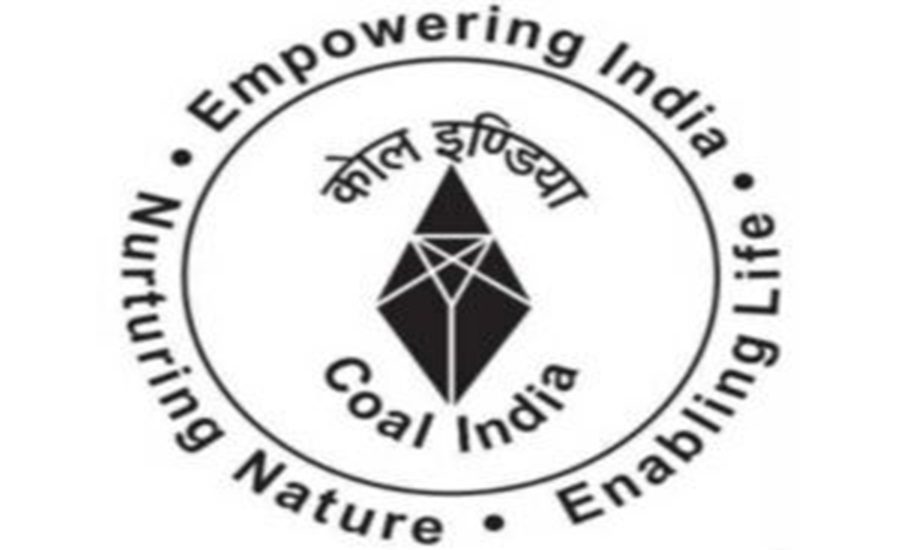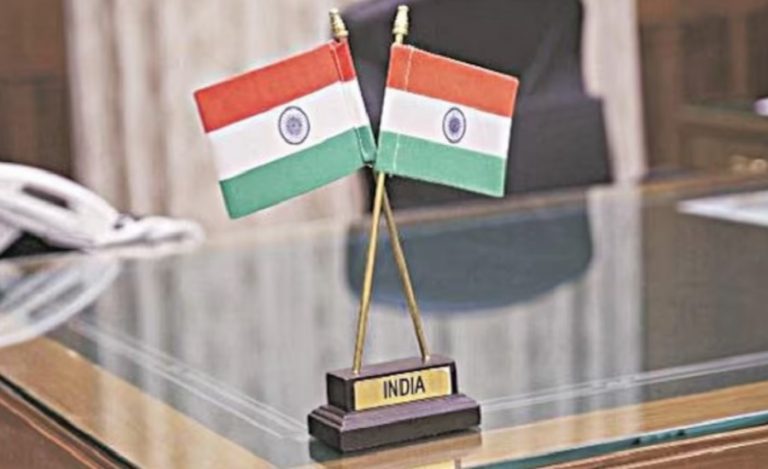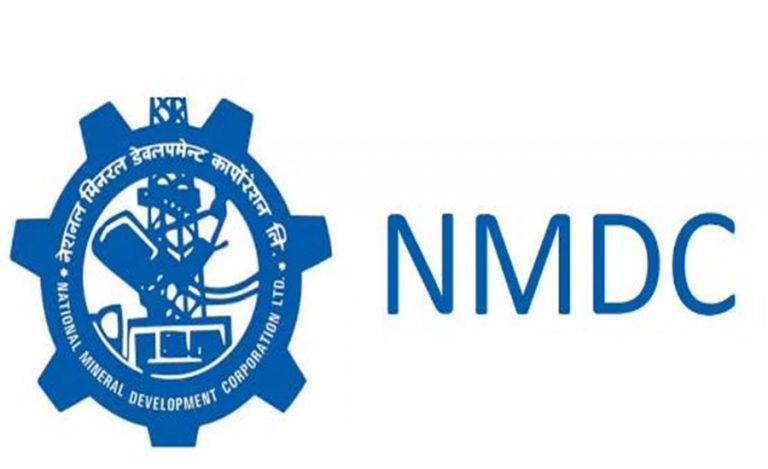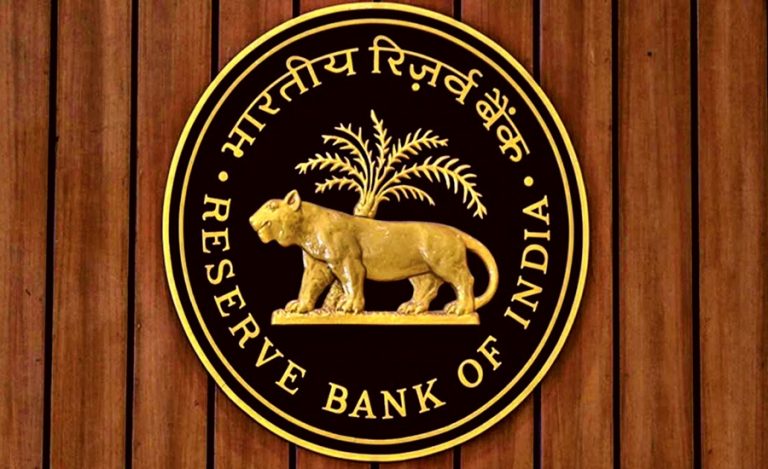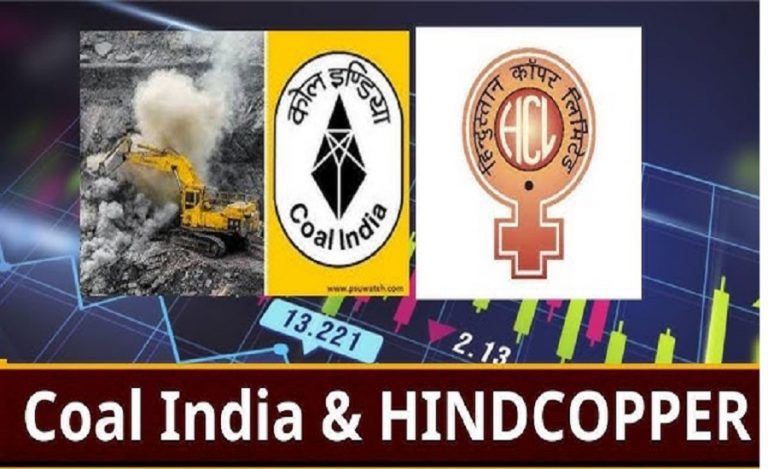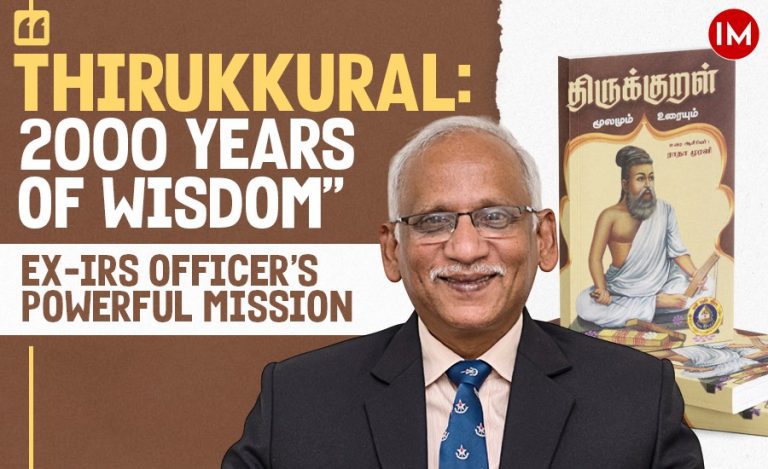Coal India Limited (CIL) and IREL (India) Limited signed a non-binding Memorandum of Understanding (MoU) on Monday to collaborate on the development of critical minerals. This partnership aims to strengthen India’s efforts to reduce import dependence on essential resources like lithium and cobalt, which are vital for the country’s clean energy transition.
The MoU focuses on the development of mutually agreed assets, including mineral sands and rare earth elements (REE). According to Coal India officials, the collaboration will involve acquiring assets, sourcing raw materials both domestically and internationally, and establishing capabilities for mining, extraction, and refining.
Strategic Goals:
CIL Chairman Mr. P. M. Prasad has previously highlighted the importance of securing critical mineral assets to support India’s clean energy goals. This partnership aligns with the government’s Critical Mineral Mission, announced in the Union Budget 2024-25, which aims to boost domestic production, recycling, and incentivize the acquisition of critical mineral assets.
India, as one of the few countries with the capability to produce rare earth elements, has been working toward self-sufficiency in mining, processing, and refining these resources. IREL has been a key player in advancing these efforts.
Reducing Dependence on Imports:
China currently dominates the global market for critical minerals, posing a challenge for countries like India that are striving to secure sustainable and independent supply chains. This collaboration between CIL and IREL is a step toward reducing India’s reliance on imports and ensuring a steady supply of critical minerals for industries such as renewable energy, electric vehicles, and advanced technologies.
Environmental Considerations:
While the development of critical minerals is essential for clean energy and technological advancements, it also brings environmental challenges. The refining and processing of these minerals require substantial water resources and can lead to water depletion and air pollution. Addressing these environmental concerns will be crucial as India scales up its critical minerals production.
Conclusion:
The partnership between CIL and IREL marks a significant step in India’s journey toward achieving self-reliance in critical minerals. By leveraging domestic resources and exploring international opportunities, the collaboration aims to support India’s clean energy goals while addressing supply chain vulnerabilities. Balancing environmental sustainability with industrial growth will remain a key focus as the nation works to secure its position in the global critical minerals landscape.

